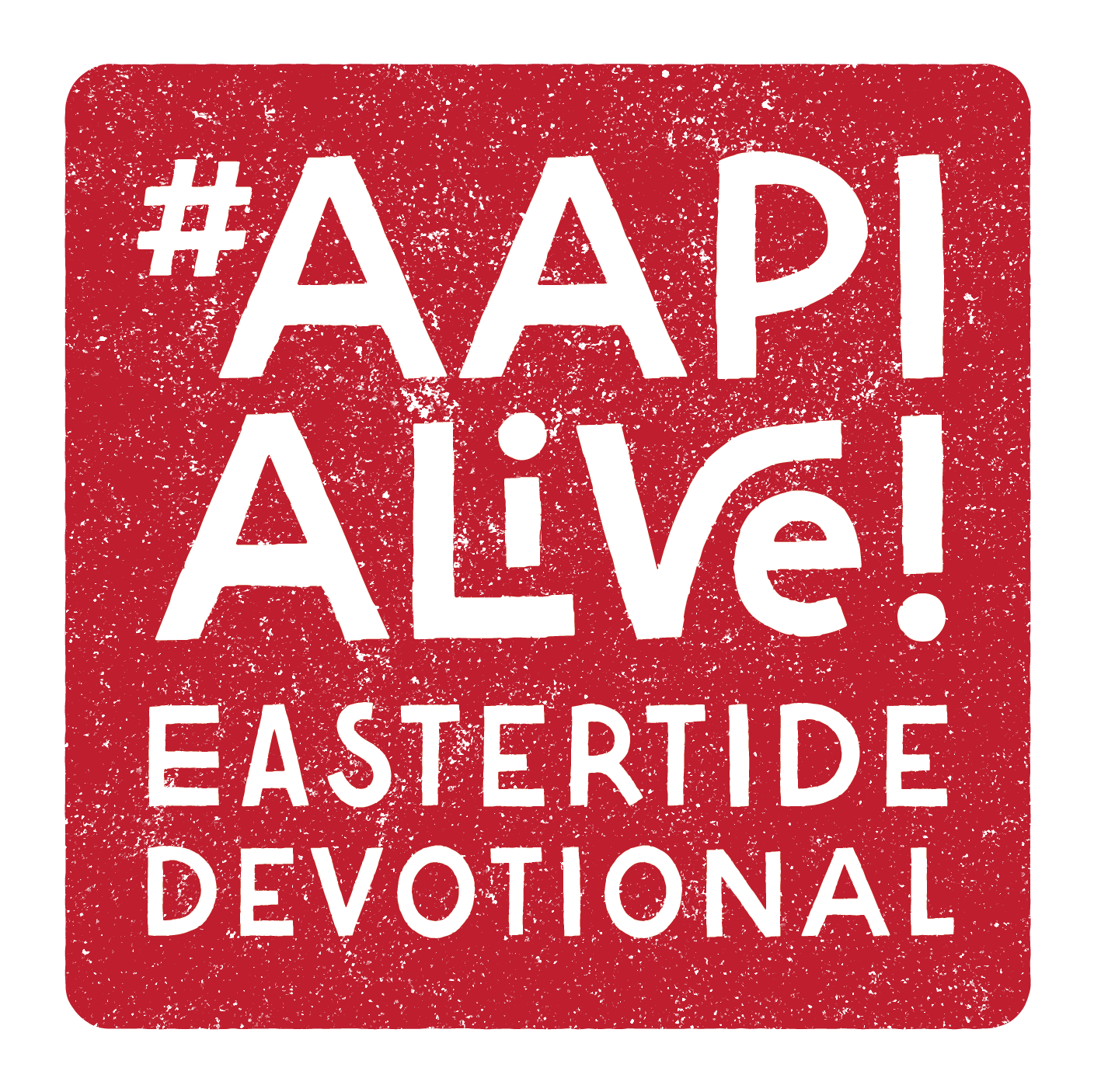Family + Community = ‘Ohana - May 18
‘Ohana.
Like “aloha,” the term has attained preciousness in popular culture. Whether it’s due to tourist board marketing or Disney doesn’t matter. The term itself is sentimentalised into a general sense of extended “family” belonging to everyone, thus appertaining to no one.
What is the patina of Island connection, evacuated of Island culture? Absent the rich history. Ignorant of the crucible of colonisation and immigration that gave it rise.
Family is inextricable from the very relations forged by the challenges to it. Which begs the question: Who is ‘Ohana? For whom is it embedded in a way of life? Whose right is it to use? Indigenous Hawaiians? Hawaiians?
I’m neither. I’ll leave it to those who are.
I still remember the first time I set foot in Hawaii. The warm, moist air fresh off the airplane from Anchorage was the most pleasant, foreign shock I had had in my 14 years of life. Yet walking through the streets of Honolulu, away from Waikiki, for the first time I saw a community who looked like me. I wasn’t an outsider. Asian, indigenous, Pacific Islander, mixed. Multilingual, but with its insider’s pidgin-speak.
Family? Well, at least a community of solidarity. Glimpse of the future U.S.
I see Hawaii, more so than California, as the true bellwether of a multicultural America. Not caught up in the usual exclusive polarities of white and black, but in the variegated browns, in- between. Not a melting pot, but the best of everything constitutive, combined.
Queen Emma, Hawaiian and Anglican, would be its patron saint.
Greg Kimura
Greg Kimura, PhD, is an Episcopal priest and immediate past president/CEO of the Japanese American National Museum.


